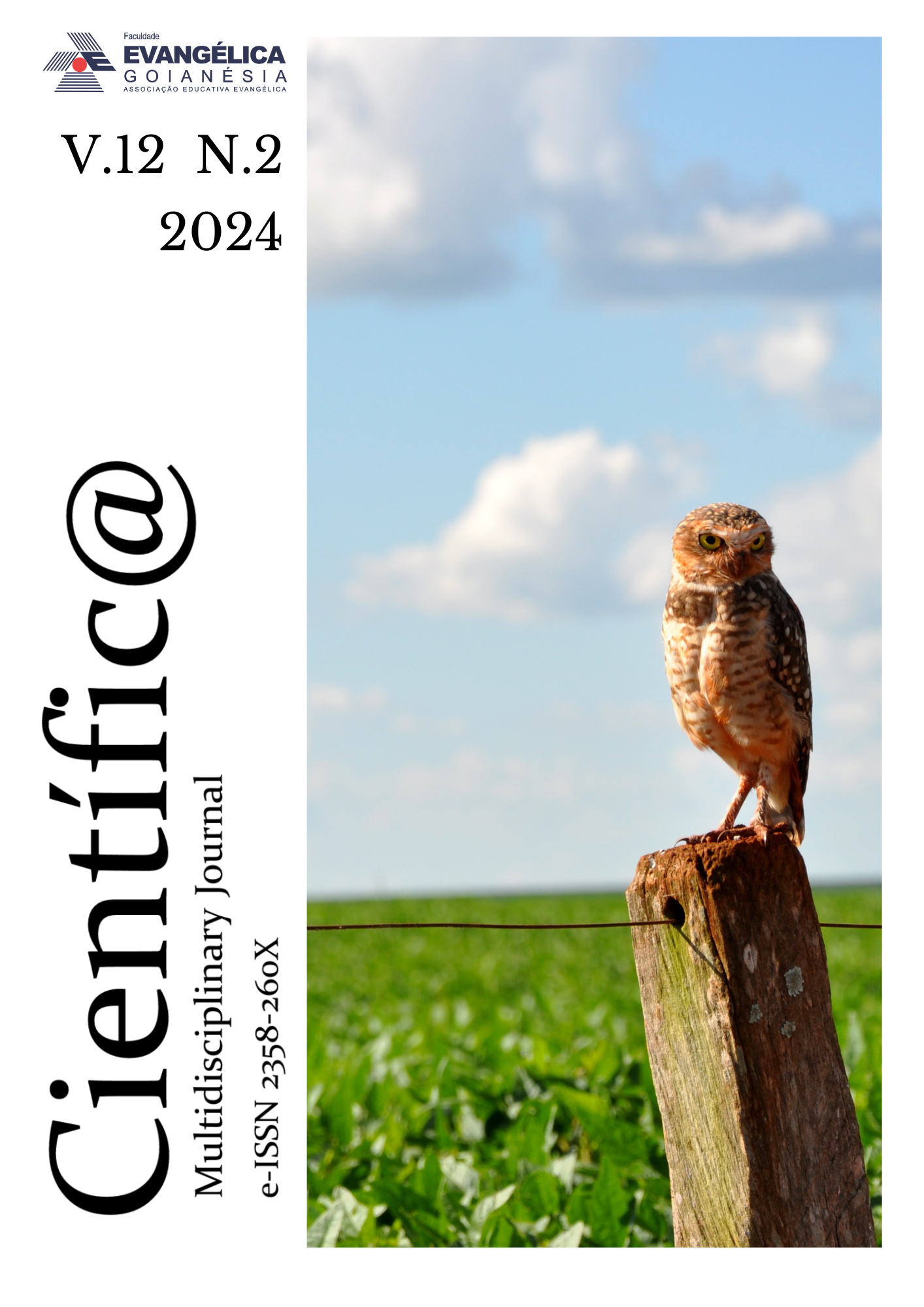POWER RELATIONSHIP AND MENTAL HEALTH OF WOMEN INTEGRATED INTO CRAS: AN INTEGRATIVE REVIEW
DOI:
https://doi.org/10.37951/2358-260X.2024v12i2.7422Abstract
The power conceived by Foucault comes from technologies that produce conceptions of truths, constructed in social contexts, of powers and knowledge that are transformed through civilizations affected by control, which, in turn, becomes the object of apprehension of these truths. Linked to this, the philosopher Judith Butler understands the power relations expressed within gender relations that are configured, in her perspective, as a control device interconnected to the sociocultural construct that defines the functions of men and women. With this, it is hypothesized that power relations impose socially determined functions on women as truth, resulting in an overload of activities, favoring mental illness, and consequently, as an escape valve, specialized assistance is sought. Taking this conception into account, the present study aimed to understand the effects of power and gender relations on women's mental health, delving deeper into an outline of mental illness, as well as the possible contribution of Psychology in the face of the repercussions " biopsicosocioculturalis” of this public inserted in the Social Assistance Reference Center (CRAS). Therefore, the respective work adopted the integrative review method, using the databases: Virtual Health Library (BVS), Portal of Electronic Journals of Psychology (PePSIC) and Scielo, as well as, making use of the descriptors established in search on the website Descriptors in Health Sciences (DeCS), “gender relations”, “women”, “mental health”, “psychology” and “CRAS”, this, in turn, is not included in the DeCS, but referrals to the their inclusion were carried out. The works collected address aspects of the construction of gender arising from power relations, characterized by machismo and patriarchy that come to influence the understanding of the function to be exercised by women, naturalizing care activities for others and the domestic environment as their natural place, manifesting normative conjunctures as significant for the mental illness of women assisted by CRAS, who in situations of vulnerability find a place of speech in the groups offered by the service. With this, it is observed that despite the advances such as the conquest of the right to work and the possibility of autonomy, the maintenance of functions "destined to women" remains, perpetrating the naturalization of the overload, both by society and by the service professionals, lacking of activities that promote the critical look of the users themselves in the face of these naturalizations.
KEYWORDS: Psychology; Woman; Mental health; Power relations.
Downloads
Published
How to Cite
Issue
Section
License
Esta revista oferece acesso livre imediato ao seu conteúdo, seguindo o princípio de que disponibilizar gratuitamente o conhecimento científico ao público proporciona maior democratização mundial do conhecimento.
A partir da publicação realizada na revista os autores possuem copyright e direitos de publicação de seus artigos sem restrições.
A Revista Científic@ - Multidisciplinary Journal segue os preceitos legais da licença Creative Commons - Atribuição-NãoComercial 4.0 Internacional. 

